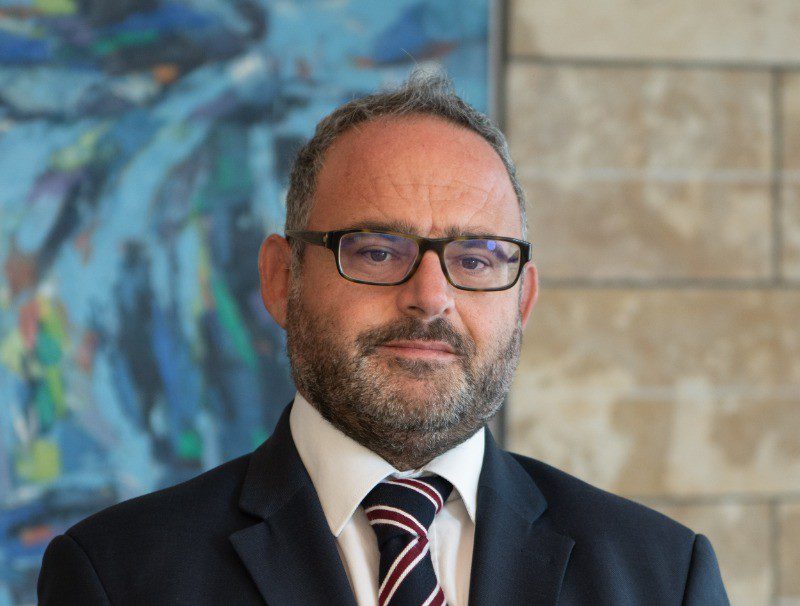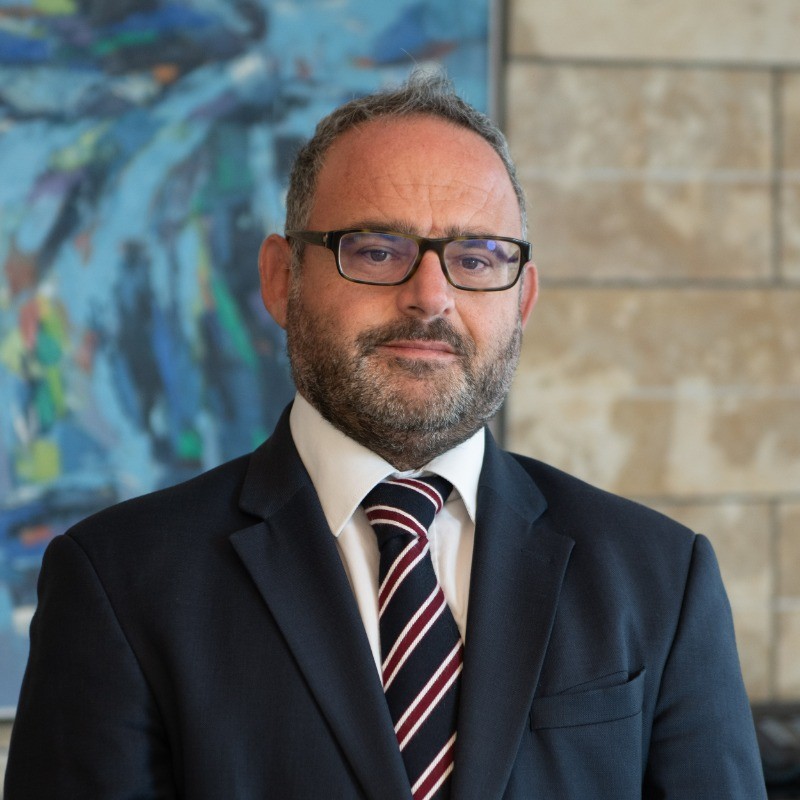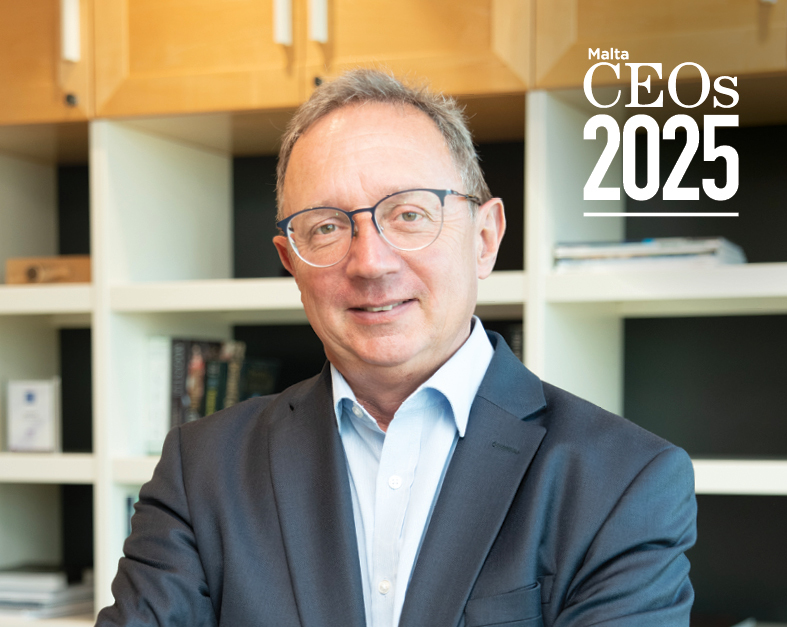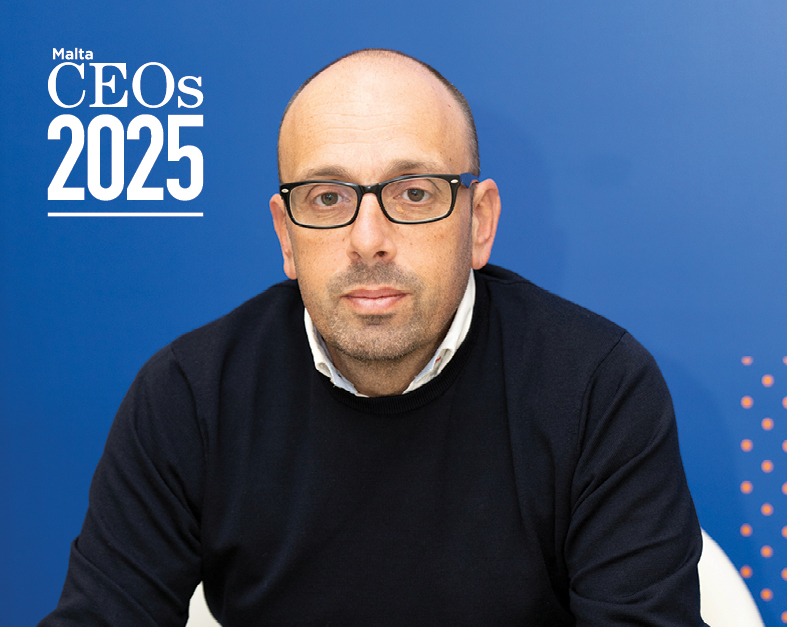Kevin J. Borg, Director General of Malta Employers, brings 25 years of experience in leading Malta’s business community. As an economist and strategic advisor, he argues that Malta’s economic sustainability depends on a fundamental shift from labour-intensive operations to a technology-driven model, warning that workforce policies must support, rather than hinder, this essential transformation.
“The scarcity of technical talent has driven significant changes at the Malta Employers’ Association over the past three years,” he says. “To adapt and remain effective, we’ve not only increased our headcount but also embraced more flexible working arrangements, bringing in technical consultants and remote workers to strengthen our capabilities.”
Mr Borg says that when it comes to recruitment preferences, Maltese employers’ position is clear: “Local talent remains the first choice.”
That is because local hires “offer distinct advantages,” he says, such as faster training, a deeper understanding of local business culture, stronger company loyalty, and reduced administrative complexity.
However, the severe shortage of local applicants for open positions means businesses must increasingly rely on foreign workers to maintain operations. Therefore, implementing sudden restrictions on foreign workers would create significant disruption across Malta’s economy.

“Our strategic sectors – healthcare, transport and logistics, waste management, agriculture, tourism, and construction – now rely heavily on foreign talent. Rather than rushing into restrictive policies that could destabilise these vital sectors, the MEA advocates for immediate strategic planning to guide our economic transformation.”
Mr Borg continues: “A critical factor in supporting our workforce is developing an integrated, reliable transport system. This means moving beyond both private cars and app-based services to create a comprehensive transit network. While the initial investment is substantial, an efficient mass transit system is strategically vital for Malta’s future. Beyond the immediate benefits of reduced traffic and fewer accidents, it would improve air quality, decrease commute times and enhance overall quality of life for both local and foreign workers.”
Malta Employers, he says, believes that Malta’s economic future depends on shifting from labour-intensive operations to a quality-focused model driven by technology and automation: “This transformation requires medium-to-long-term investments in productivity-enhancing initiatives, particularly in export-led, high-value sectors where we can ‘do more with less’.”
To facilitate this change, Malta Employers has launched several practical initiatives, including a Change Management Business Manual developed through EU funding. This comprehensive guide helps businesses implement automation, enhance workplace flexibility and develop targeted training programmes – all supported by workforce optimisation assessments to ensure effective transition.
“Malta’s skills gap requires long-term planning to support this economic transformation. We must revolutionise our education system to align with future economic needs, emphasising STEM subjects and essential skills like critical thinking, creativity, collaboration, and communication. Meanwhile, as an immediate solution, we promote extending workforce participation beyond retirement age on a voluntary basis.”
This forms part of a feature first published on Malta CEOs 2025, the sister print brand to MaltaCEOs.mt, both owned by Content House.
‘It’s unwavering persistence that drives breakthrough achievements’ – Manila Di Giovanni, DWorld CEO
'Our virtual economy hub will showcase Malta’s heritage, local enterprises, startups, and public institutions on the global stage.'
‘If you believe in what you’re trying to achieve, you’re already halfway there’ – Jordan Camilleri
The co-founder of Health & Co describes establishing and running a business as a life-long learning process.
‘We want to push the boundaries. We want to lead’ – AX Group CEO and Deputy Chairman Michael Warrington
His experiences working across various industries, have provided Michael Warrington with valuable insights into how AX Group's businesses are affected.
‘Technology changes so rapidly that what was agreed at the beginning of the year can change halfway through’ – Joseph Aquilina
The company never stops innovating and diversifying, which infuses different areas of the business with energy.









